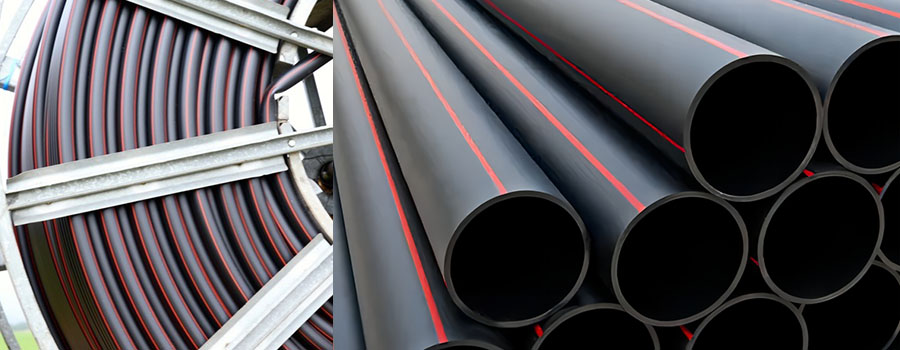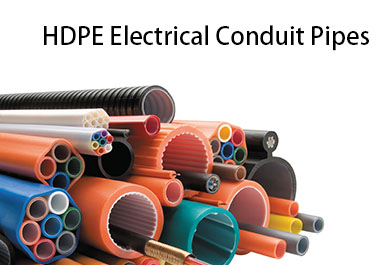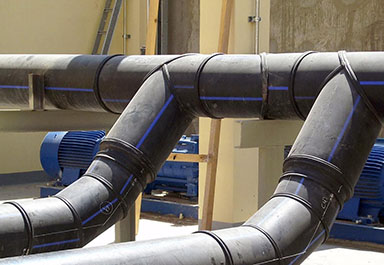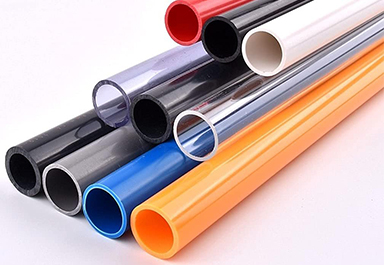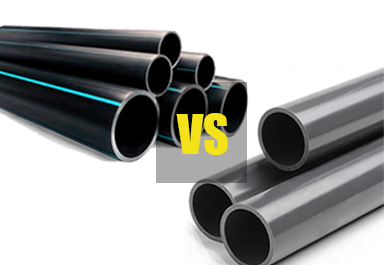13
Nov
Buyer’s Guide for HDPE Electrical Conduits Pipe
When it comes to protecting electrical wiring, HDPE (High-Density Polyethylene) electrical conduit pipes are increasingly popular due to their durability, flexibility, and resistance to various environmental factors. This guide aims to assist you in choosing the right HDPE electrical conduit pipe, ensuring your electrical installations are secure and long-lasting.
Understanding HDPE Electrical Conduit Pipes
What is HDPE? HDPE Pipe be made of PE100 or PE4710, is a type of plastic known for its high tensile strength and density. It’s widely used in various applications, including electrical conduits.
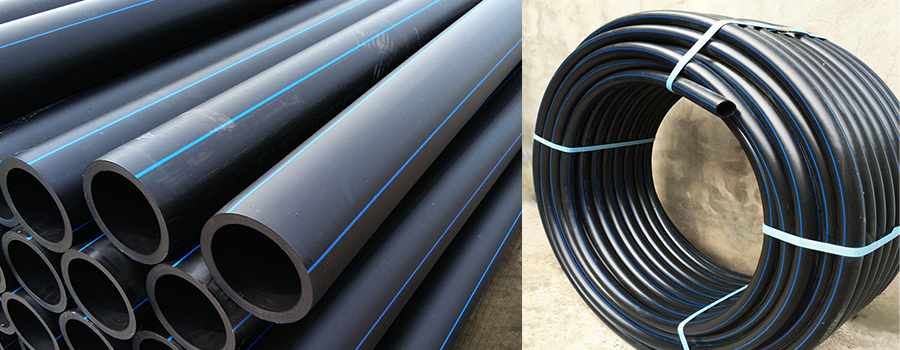
Benefits of HDPE Conduit Pipes
- Durability: Resistant to impact, moisture, and chemicals.
- Flexibility: Easily bends, reducing the need for fittings.
- Longevity: Resists aging and environmental factors.
Choosing the Right HDPE Electrical Conduit Pipe
- Size and Diameter
- Ensure the size suits your wiring needs.
- Common diameters range from 1/2 inch to 6 inches.
- Type of Conduit
- Solid: Standard for most installations.
- Corrugated: Enhanced flexibility for complex paths.
- Wall Thickness
- Varies based on application requirements.
- Thicker walls for higher protection.
- Color Coding
- Color-coded pipes for different uses (e.g., red for electric power lines).
- Length
- Typically sold in coils or sticks.
- Coils for longer, uninterrupted runs.
Installation Tips
- Bending: Use a proper conduit bender for smooth curves.
- Joining: Use appropriate couplers and connectors.
- Support: Secure with straps or clamps at regular intervals.
Maintenance and Safety
- Regular inspections for damage or degradation.
- Follow local codes and standards for installation and maintenance.
Cost Considerations
- Price Range: Varies based on size, type, and manufacturer.
- Long-Term Savings: Durable nature leads to fewer replacements.
Comparing HDPE with Other Materials
| Material | Pros | Cons |
| HDPE | Flexible, Durable, Moisture-resistant | Slightly higher initial cost |
| PVC | Inexpensive, Easy to install | Less flexible, Sensitive to UV light |
| Metal | High strength, Fire-resistant | Corrosive, More rigid |
Conclusion
HDPE electrical conduit pipes offer an excellent balance of durability, flexibility, and protection for electrical wiring. When selecting the right pipe, consider factors like size, type, and installation requirements. Proper installation and maintenance ensure longevity and safety.

